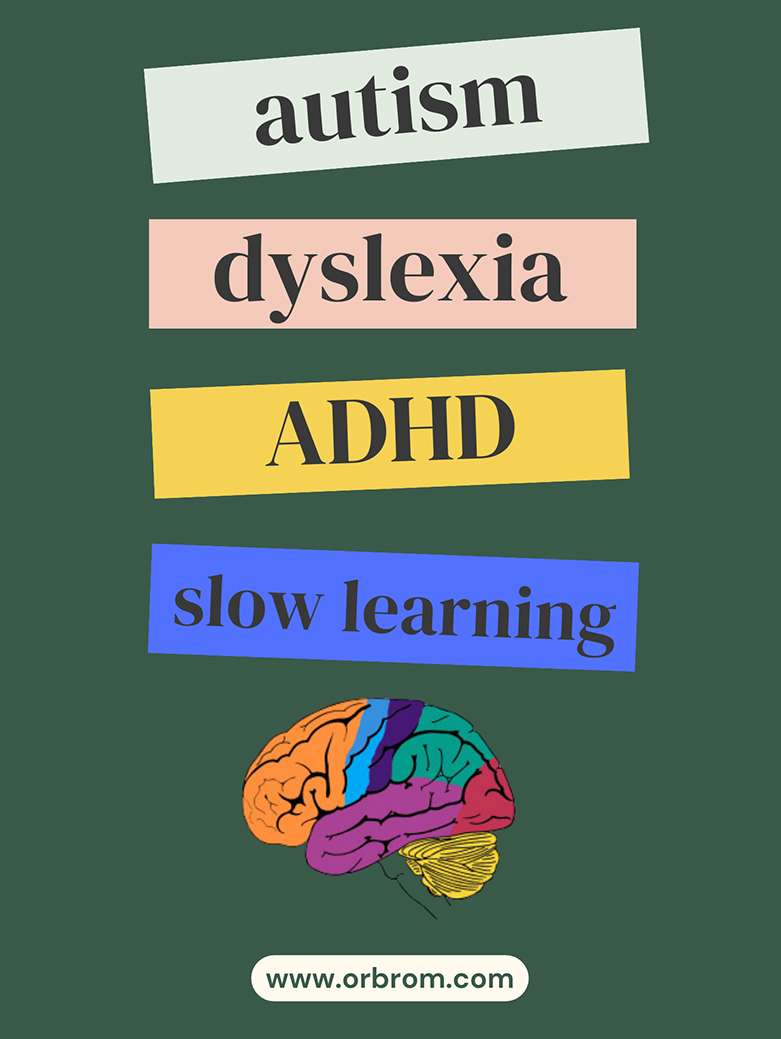Autism Spectrum Disorder (ASD) encompasses a range of neurodevelopmental differences affecting social communication, sensory processing, and repetitive behaviors. While there’s no single “test” for ASD, a comprehensive assessment plays a crucial role in diagnosis and guiding support. This blog aims to demystify ASD assessments, exploring key aspects and considerations.
What is an ASD Assessment?
An ASD assessment is a multi-faceted evaluation conducted by qualified professionals, typically including psychologists, speech-language pathologists, and occupational therapists. It aims to:
- Gather information: Through interviews, observations, and standardized assessments, the team gathers data on developmental history, social communication skills, sensory processing, and repetitive behaviors.
- Analyze strengths and challenges: The assessment goes beyond identifying potential ASD; it also identifies individual strengths and areas where support may be beneficial.
- Reach a diagnosis: Based on the gathered information and established diagnostic criteria, the team determines whether an ASD diagnosis is appropriate.
- Develop support plans: Following a diagnosis, the assessment team collaborates with families and educators to develop personalized support plans tailored to the individual’s needs.
Types of ASD Assessments:
There’s no single “gold standard” for ASD assessment. Different tools and approaches may be used depending on the individual’s age, developmental level, and presenting concerns. Some commonly used assessments include:
- Diagnostic interviews: ADOS (Autism Diagnostic Observation Schedule) and ADI-R (Autism Diagnostic Interview-Revised) are structured interviews gathering detailed information from caregivers and individuals about development and current behaviors.
- Standardized assessments: Autism Diagnostic Rating Scales (ADRS) and Social Communication Questionnaire (SCQ) are standardized questionnaires assessing core ASD symptoms.
- Developmental assessments: Bayley Scales of Infant and Toddler Development (BSIT) and Vineland Adaptive Behavior Scales (VABS) assess overall development across various domains, including social communication and adaptive skills.
Considerations for ASD Assessment:
- Age: ASD can be diagnosed at any age, though assessment approaches and tools differ for children, adolescents, and adults.
- Comorbidities: Individuals with ASD may also have other conditions like ADHD, anxiety, or learning difficulties. A comprehensive assessment considers these co-occurring conditions to provide a holistic understanding.
- Cultural sensitivity: Assessment tools and approaches should be culturally appropriate and sensitive to individual differences in communication and expression.
Seeking an ASD Assessment:
If you suspect yourself or someone you know may have ASD, consulting a healthcare professional is the first step. They can guide you towards appropriate assessment resources and specialists. Remember, early identification and intervention can significantly improve outcomes and quality of life for individuals with ASD.
ASD assessments play a crucial role in understanding and supporting individuals with this neurodevelopmental difference. By demystifying the process and highlighting key aspects, this blog aims to empower individuals and families seeking information and guidance. Remember, a diagnosis of ASD is not a definitive endpoint; it’s the beginning of a journey towards understanding, acceptance, and accessing appropriate support.








Leave A Comment